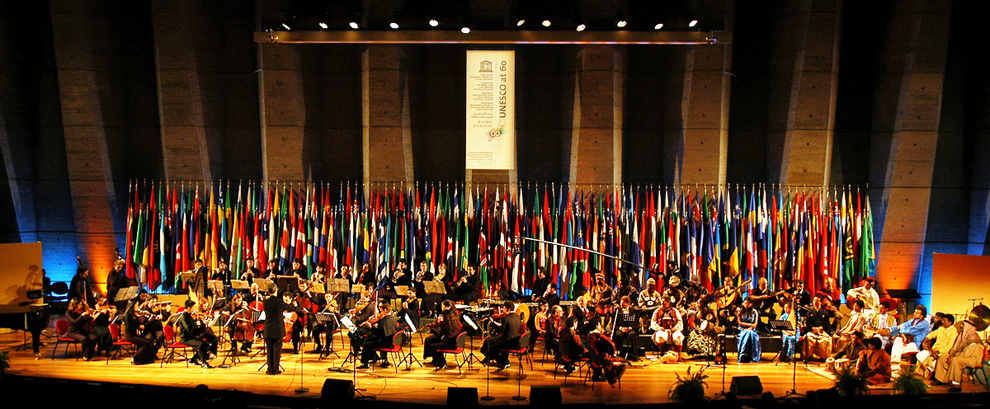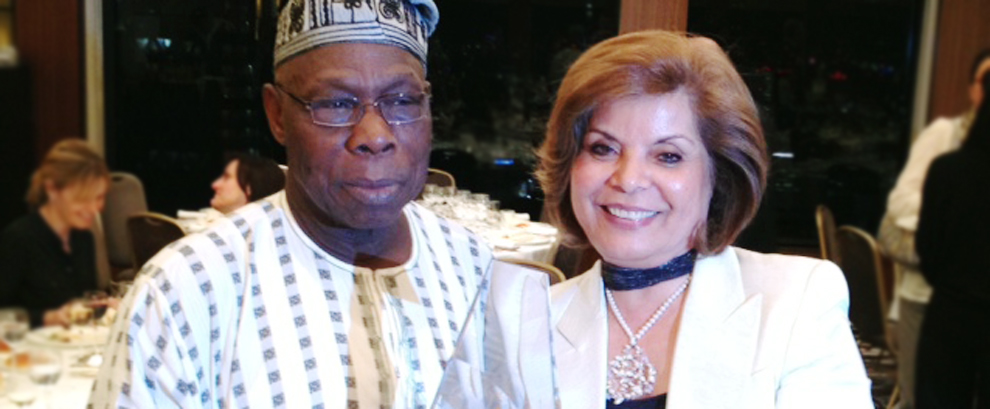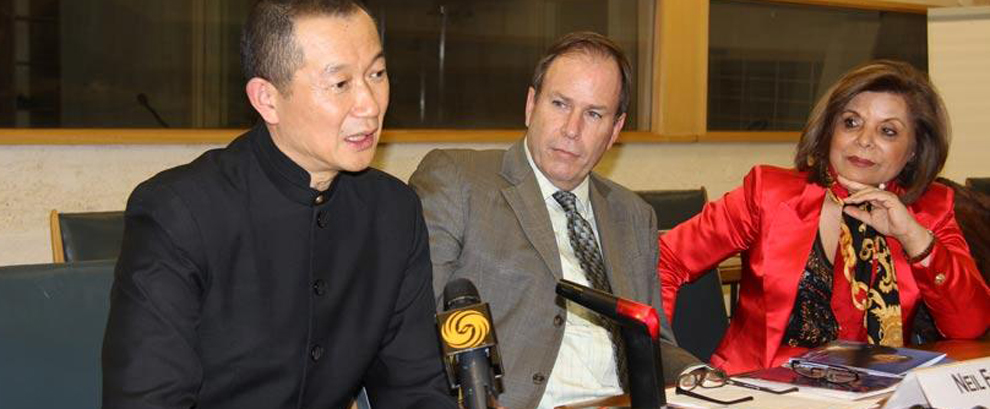Subject: A letter to the Editor: Geopolitical Diary
Tuesday, Jan. 27, 2004
I read your stated justifications and reasoning concerning past stratfor misinterpretation of developments as unfolded in Iraq. This is what I think. With all due respect, in my humble opinion, staging war of such magnitude and costs (both in financial and human terms), just based on a set of misinformed information is so surreal in 21st century that it makes us all wonder. I still vividly recall with what firmness the Secretary of State appeared before the UN Security Council and told the world that “America can go it alone” if the old Europe is so reluctant to help the US and still interested in pursuing a path of diplomatic negotiations and solutions. Following this statement, the next day, out of rage and protest, French wine bottles were broken in the streets of the United States and restaurants openly displayed signs that no desserts were served with German chocolate! I wonder, why despite all what was said and done by the global community at the time – including the facts in IAEA and Blix reports and the views expressed by millions of marchers worldwide opposing the war, some – including your own analysts – shut their eyes and ears and decided not to ponder for a moment the possibility and need of more factfinding and search for a possible diplomatic solutions? One must really wonder!
Today, in light of all revealing information which has become available on both sides of the ocean, a wondrous mind could guess – as you may have for a long time – that the reasons for starting this ugly war were neither WMD nor terrorist-related activities that Saddam may or may not have financed. Today, however, the dilemma of the US Administration is how to spell out the real reasons for its hasty or preconceived intervention to a public, who so honestly believed in its politicians. I guess this could have been made a bit easier if, from the start, the Administration and the “bandwagon” media would have explained to the public the real reasons for which a war on Iraq or any other strategic zone in the world was essential for the US empire: America is the only superpower; it needs strategic expansion, it needs resources for its expanded territories; and therefore, Iraq was a ripe target. Some would had to swallow hard, but others would have sanctioned this and other interventions as they did in colonial Europe and Asia.
For the strategists of this war it is unfortunate that this intervention has proven to be so costly and unworkable. It is more unfortunate for Iraqis who will inherit either a divided country or will no longer be able to enjoy a secular state. More than that, it is unfortunate for America who – for a while at least – can no longer dictate the principles of good governance and democracy to the world. The American people lost not only part of their civil liberties in the course of this war campaign, they also lost the moral authority in a world which is so deeply divided with religious strife and conflicts.
At the end of this game, I believe a publication such as Stratfor should take a very serious look at the direction it has taken and the information and guidance they provide to faithful readers. You have the responsibility to ensure that a degree of integrity, honesty and independence is maintained by you as the main principle of your profession. This is what your subscribers expect from you.
P.S. Before I take my leave, let me also ponder on your question “why Sadam did what he did”. In my opinion: a) having believed in his earlier alliance with the US and UK – particularly since the beginning of the Iraq-Iran war (1980) – he could not believe that the same America who came so “unconditionally” to his help, would take the conflict game so seriously and would actually crush him; and b) he was a man of extreme ego.
He wished to be remembered as a ‘hero” in the Arab world, therefore, he could not so openly submit to pressure in opening his country to humiliating inspections by agents of the international community. There is no doubt that he was fully aware of the status of his weaponry: He was the Head of a troubled country and the Head of Iraq’s defense forces; his sons and relatives were in charge of all sensitive parts of the security and information apparatus; and his Ministers and Ambassadors often informed the Inspectors and testified before the UN Security Council that Iraq had no longer any WMD, and, and,.. So, Stratefor is better off not to interpret the perceived silence of Saddam in this matter as ‘He did not know if he had WMD”!
For once, Sadam was truthful in declaring that there were no WMD in Iraq! Sad news for all.
_____________________________
This is a copy of Stratfor’s Response
From: “response” <response@stratfor.com>
To: <madarshahi2002@yahoo.com>
Subject: Greetings from Stratfor
Date: Thu, 12 Feb 2004 16:33:28 -0600
Thank you very much for your comments regarding the
war in Iraq. We appreciated hearing from you.
Sincerely,
Stratfor









